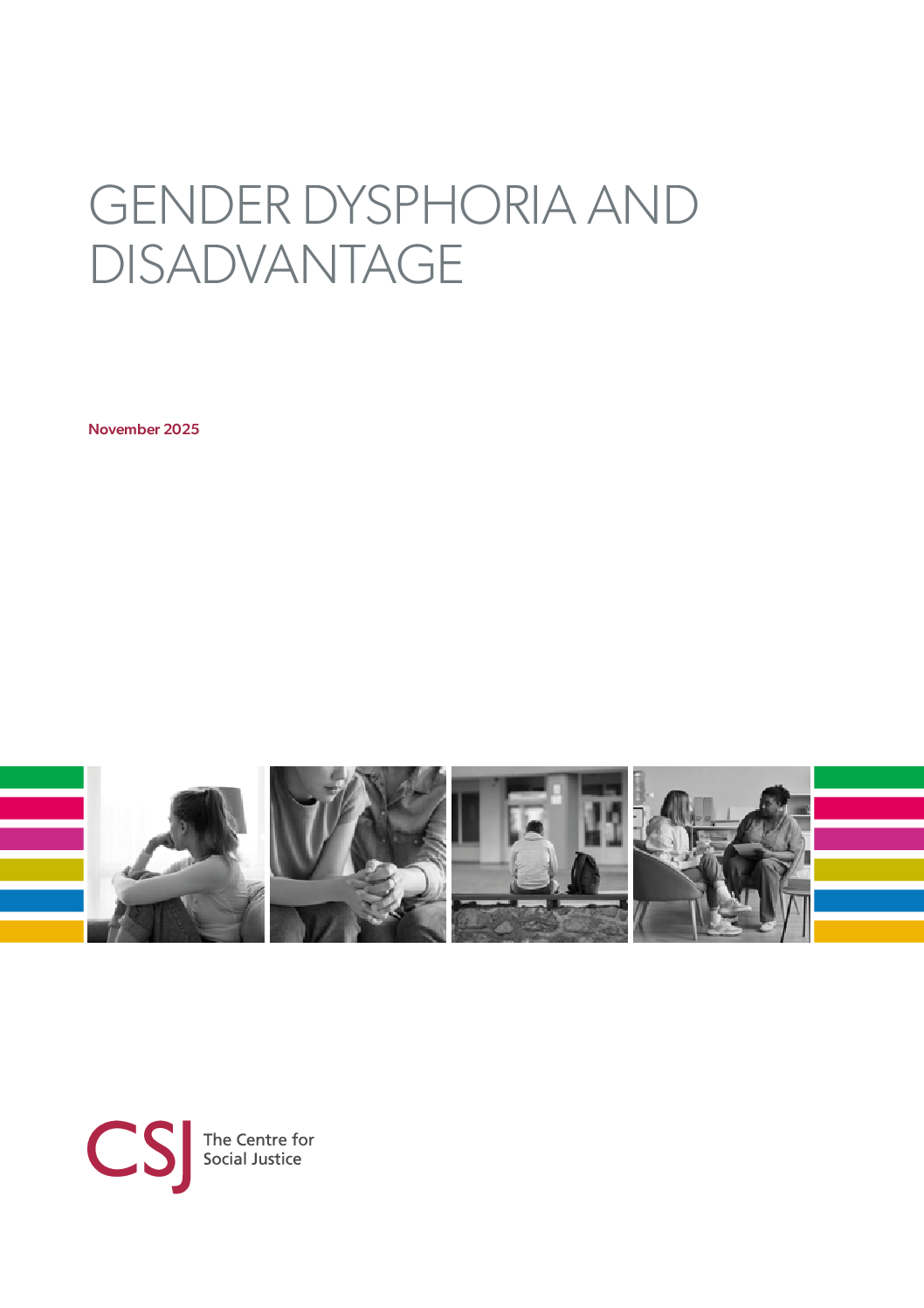Is gender dysphoria a condition that could affect anyone, or are some young people more likely to experience this sometimes distressing condition more than others? In recent years there has been an explosion in the number of young people being referred for gender dysphoria, with the increase in cases amongst teenage girls being particularly stark.
As the Cass Review recommends, the dynamic between gender dysphoria and other complexities needs further research, and this report goes some way to filling that gap. Through qualitative interviews with transgender adults, interviews with charities who support young people who happen to be experiencing gender dysphoria, and interviews with sector experts, this report draws from frontline voices to illustrate some of the material deprivations and social disadvantages that correlate with young people experiencing gender dysphoria.
From these interviews, further bolstered by academic research and Freedom of Information requests (FOIs), we have found several factors that indicate a young person is more likely to experience gender dysphoria. Among others, children with autism, Adverse Childhood Experiences (ACEs), separated parents, mental ill-health, living in care, or having a sexual offender as a parent are all more likely than their peers to experience gender dysphoria.

